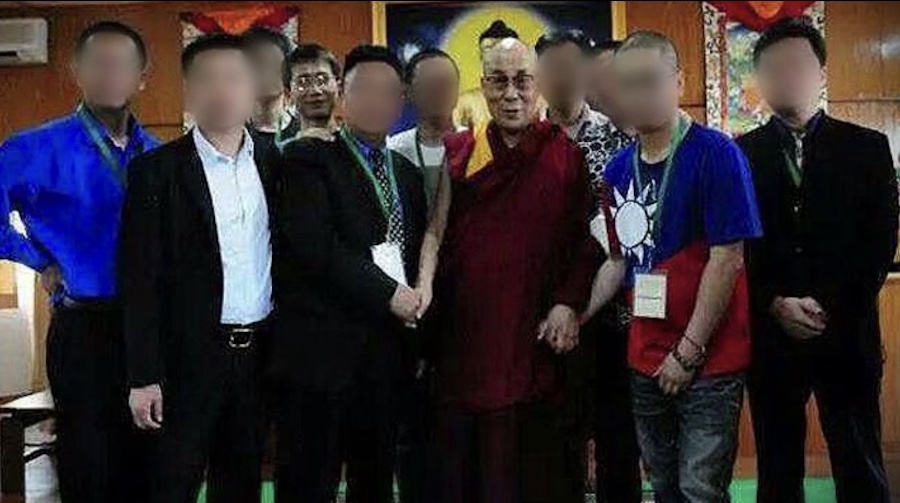 DHARAMSHALA, December 18: In a ruling that will further stifle the use of social media and dramatically increase government censorship over Chinese microbloging sites, Beijing on Friday announced new rules that require users to register their real names for verification by government authorities.
DHARAMSHALA, December 18: In a ruling that will further stifle the use of social media and dramatically increase government censorship over Chinese microbloging sites, Beijing on Friday announced new rules that require users to register their real names for verification by government authorities.
Xinhua, China’s official news agency quoted a government official as saying that the new rules, compromising user anonymity, are aimed to “protect web users’ interests” and to stop “harmful information” from spreading on the internet.
The new rules have also banned state secrets, material that threatens national security, posts that inspire ethnic resentment or discrimination, and posts involving rallies that “disrupt social order” from microblogging sites.
The rules come at a time when more and more people in China are turning to the internet to express their anger and dissatisfaction over social and political issues inside China.
With nearly 500 million internet users in China, the largest number worldwide, and microblogs having at least 300 million registered users, the government has vigourously censored the flow information on the internet.
While in February, a search for the Egyptian anti-government protests in China returned no answers on microblog services, off late, a search for the keyword “Wukan” in Chinese on Sina Weibo, China’s equivalent of Twitter, returned a message saying “based on rules and regulations, results on ‘Wukan’ cannot be displayed.”
Wukan village in southern China is currently besieged with a major standoff between local villagers and armed policemen in the full glare of international media.
Additionally, the new rules require websites providing microblogging service to complete their current users’ data registration within three months.
China’s official mechanism of internet surveillance, dubbed as the “Great Firewall of China,” compels domestic operators of microblogging and search sites to self-censor contents that are deemed unacceptable to the government.
Leading websites including YouTube, Facebook, and Twitter still remain inaccessible to users in China.









